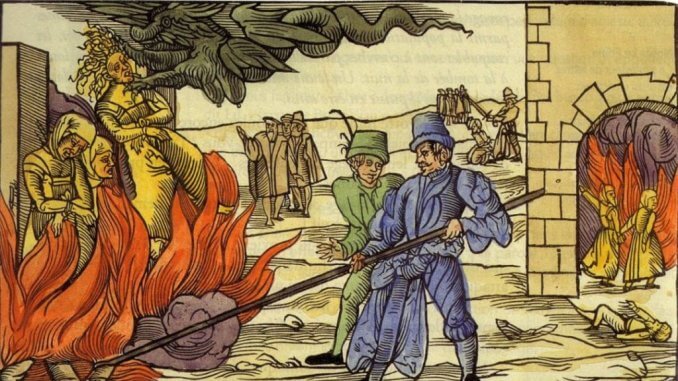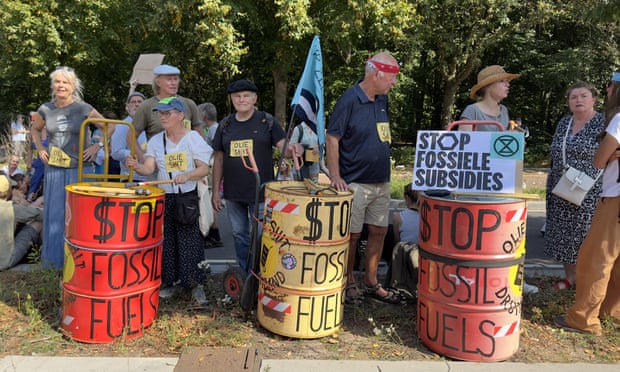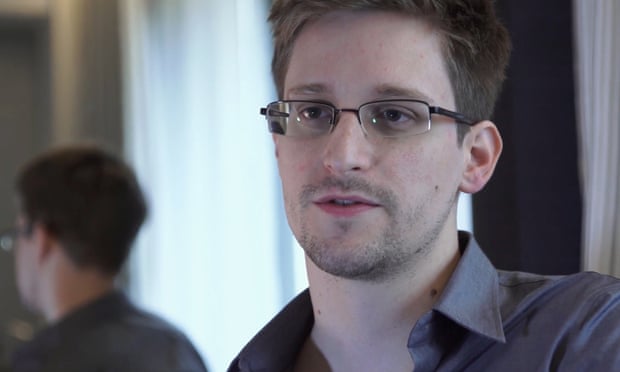Media Lens
(...) Recall the context in which news and commentary appear: the tsunami of 24/7 corporate advertising that is subject to no discussion whatever regarding its bias. Unless we accept that these adverts should be balanced by a counter-tsunami of anti-corporate advertising, there is no question of media impartiality for this reason alone.
But this is still just scratching the surface. In our corporate society, the greatest triumph of the corporate monoculture is not the filtered content of the daily newspaper or nightly newscast; it is us, our conception of who we are, of what it means to be human. We may mock the Sun and lament the Mail, but look in the mirror – we are the ultimate product of propaganda. (...)
(Text continues underneath the image.)

.
if millions of corporate men and women fundamentally perceive themselves as products to be sold on the job market, the question of non-conformity, of challenging corporate society, does not even arise. (...)
When Fromm says ‘nothing is too serious’, he means that we are fundamentally indifferent.
Can we point to evidence? Last week, it was reported that the highest April temperature ever recorded in Spain – the kind of record that might, historically, have been broken by a fraction of a degree – had been blown away by a rise of 5C.
This latest sign of impending climate catastrophe was reported briefly and then forgotten. It received a tiny fraction of the merited attention and concern – not just from the press but also from the public. It was just one more example of how ‘modern man exhibits an amazing lack of realism for all that matters. For the meaning of life and death, for happiness and suffering, for feeling and serious thought’. (Fromm, p.166) (...)
We learn a lot when the likes of Chorley encounter Chomsky and other dissidents whose souls are not for sale; not because the Chorleys have much to say, but because we are witness, not just to a clash of ideas and values, but of ways of being. It is a clash between sincerity and fakery, clarity and obfuscation, engagement and indifference, compassion and egotism. (...)
‘We’re racing towards a precipice of environmental destruction. We’ve got a couple of decades in which we could mitigate or control it, but we’re racing in the opposite direction – nothing could be more dangerous than that. That means reaching irreversible tipping points, at which stage, just steady decline to the destruction of human life on Earth. We’ve never faced that before. Actually, we’ve been facing it in a way since August 6th, 1945, but never at this level of danger.’
Typically for this kind of disengaged journalism, Chorley responded to this awful assertion as if he hadn’t truly heard what had been said, responding: ‘It’s interesting that; I was going to ask you…’. ‘It’s interesting’ was not a serious response to the gravity of what Chomsky had said. Chorley blandly recognised that politicians didn’t seem very interested in responding to the climate crisis. As for the rest of us, he said, ‘we spend our time talking about trivial things’. (...)
Chomsky mentioned some non-trivial crises that are discussed: the Ukraine war, the Yemen war, ‘the total destruction of Iraq, going on still; these are all very serious issues’.
He noted, further, that, last year, fossil fuel production had increased. (...)
Chorley then raised the issue of Ukraine:
‘Certainly, in the UK, the left – actually under people like Jeremy Corbyn – argued that it wasn’t Russia that was the enemy, it was the US that was destabilising the world. (...)
Chomsky responded:
‘Well, the invasion of Ukraine is plainly a war crime. You can’t put it in the same category as greater war crimes, but it’s a major one.’
Which crimes did Chomsky have in mind? He noted that the UN and Pentagon estimate that about 8,000 civilians have been killed in Ukraine:
‘That’s a lot of people, what the United States and Britain do overnight.’
Of course, the 8,000 figure is ‘presumably an underestimate’, Chomsky added, before offering a series of thought experiments:
‘Let’s say it’s twice as much – that would put it at the level of the [1982] US-backed, Israeli invasion of Lebanon, which killed about 20,000 people. Let’s say it’s off by a factor of ten… that would put it in the category of Reagan’s terrorist atrocities in El Salvador, roughly on the order of 80,000. Of course, Iraq is just another dimension.
‘So, it’s serious, a terrible crime. But you can understand why the Global South does not take very seriously the eloquent protestations of Western countries about this “unique episode in history”. They’ve been victims of far more. (...)
These, indeed, are simply facts – the approximate death tolls are well-known, highly credible. The killers are known. There is no ideological bias in these observations. There is ideological bias in the notion that these facts are somehow ‘leftist’. (...)
Chorley again fell back on the ‘equivalence’ theme:
‘But you’re then drawing comparisons between Nato and China and Russia; you see an equivalence between…’
Again, Chomsky rejected the claim:
‘No, I don’t; Nato is a much more aggressive alliance. Nato has invaded Yugoslavia, invaded Libya, invaded Ukraine – backed up the invasion of Ukraine – backed up the invasion of Afghanistan. It’s an aggressive military alliance. Everybody outside the West can see it. In the West, we’re not allowed to think it because we’re deeply controlled by adherence to the party line. But everybody else can see it.’ (...)
In a final, remarkable question indicating just how disengaged and indifferent he had been throughout the interview, Chorley asked:
‘Finally, then, let’s round this off; let’s try and be a bit more optimistic… Will the next century be better than the last?’
Again, it was as if Chorley hadn’t heard what Chomsky had said. Heroically, Chomsky retained his patience for a few seconds longer:
‘There won’t be organised human life a century from now, unless we reverse the course the leadership is now taking towards racing over the precipice on climate destruction.’
By way of a final little joke, Chomsky added:
‘You read the latest IPCC report, I’m sure.’
Complete article
Tags: #media #news_media #censorship #propaganda #coporate_media #bbc #the_guardian #advertising #fromm #erich_fromm #new_statesman #Mehdi_Hasan #jonathan_freedland #times_radio #noam_chomsky #chomsky #murdoch #rupert_murdoch #chorley #climate #climate_change #climate_crisis #climate_destruction #global_warming #ipcc #extinction








